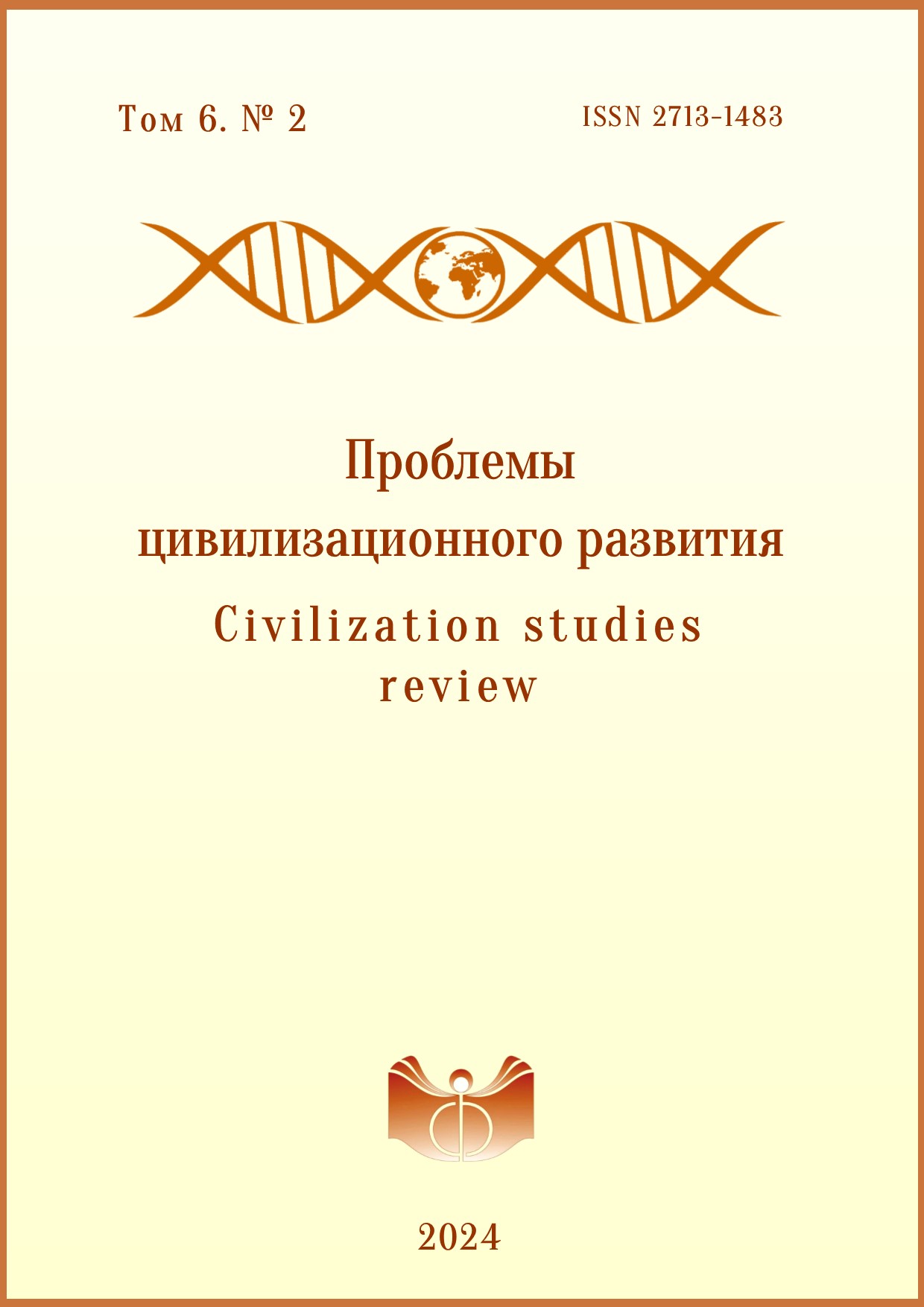The future of civilization in Russian political science and American ideology and propaganda: Alexander Panarin vs Francis Fukuyama and Samuel Huntington
DOI:
https://doi.org/10.21146/2713-1483-2024-6-2-28-46Keywords:
civilization, ideology, Alexander Panarin, Francis Fukuyama, Samuel Huntington, “end of history”, “clash of civilizations”, “strategic instability”.Abstract
The main idea of the article is the analysis of opposite approaches to the study of general trends in global development in the works of the Russian philosopher and political thinker Alexander Panarin, on the one hand, and Western ideologists and propagandists Samuel Huntington and Francis Fukuyama, on the other. The author states not only the opposition of approaches, but rather the conflict of life attitudes. Affection for science and devotion to its ideals A. Panarin contradicts the prejudgment of the two most influential Western ideologists of our time. All of them, Alexander Panarin, Samuel Huntington and Francis Fukuyama are the authors of the most famous and influential concepts of geopolitics, ideology and rhetoric of the 21st century. However, if A. Panarin’s concept of “strategic instability in the 21st century” is a scientific concept, then the concepts of “end of history” and “clash of civilizations” are ideological constructs, or, more precisely, propaganda stamps or “wrecking-ball” concepts. The author of the article pays special attention to S. Huntington and his role as a social change designer, strategic planner of the social dynamics of Western society, which he occupied long before the publication of his work on the clash of civilizations.

